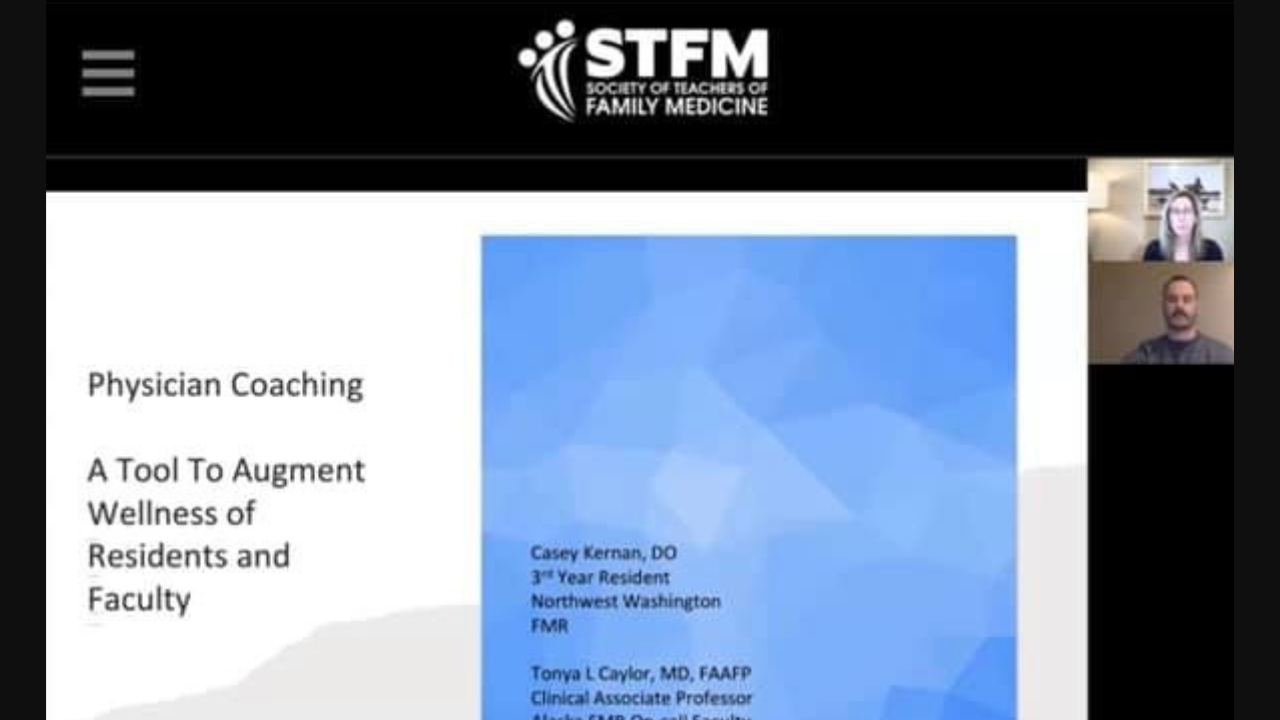
What is Physician Coaching? The Evidence
We are continuing our blog series, What is physician coaching? So far, we have covered the definition, discussed what the coach and the coachee bring to sessions, and the commonly used tools and approaches. This week we review some articles and evidence for physician coaching.
Dr. Atul Gawande, Harvard surgeon, author, and healthcare leader, was one of the earliest to experiment with coaching in healthcare. He published Personal Best in the New York Times in 2011. Initially, his interest focused on coaching to elevate surgical techniques. Dr. Gawande now accesses coaching for himself professionally beyond surgical techniques and recommends coaching for everyone.
In 2015, Dr. Gail Gazelle, one of the earliest physician coaches from Harvard, began to see the burned-out physicians recover with coaching. She published in the Journal of General Internal Medicine.
Over the years, there were more publications pertaining to coaching both in medical training and in physician populations in general.
The first review article that I found on coaching in medicine (2018), What do we know about coaching in medical education? A literature review. Based on very few early studies, it revealed weak to medium evidence of improved non-technical skills and physician well-being and strong evidence for improving technical skills.
The most recent review article, after most of the RCTs in physician coaching, was a systematic review of 14 studies representing 1099 participants, 64% of those being trainees, and about half being in primary care. There were an average of 5.5 coaching sessions. 10 of the studies used an individual coach approach and 4 used a group approach. One study showed a dose-response. One of the studies suggested that men benefited more than women. Overall, it concluded that coaching was shown to improve well-being and reduced distress and burnout.
Then in Oct 2023, Drs. Adrienne Mann and Ami Shah published the results of the CU Better Together Coaching intervention of the largest mutii-center RCT to date of 1019 female-identifying trainees. Using meta-cognition as a basis for coaching, it demonstrated decreased burnout (NNT = 11), decreased moral injury, decreased imposter syndrome, and increased self-compassion, and increased flourishing with a 4-month, virtual, group-based model.
I’ve created a page of continuing these links and will continue to update it as new studies arrive – feel free to bookmark it: https://www.joyinfamilymedicine.com/evidence-based. The exciting update is that trained peer coaching is also beneficial!
Next week, I’ll review answers to questions I receive about coach training then we will wrap up the series with the various ways it's being incorporated into graduate medical education.
Until then, have a joy-filled week! Tonya
In 2020, I did my own QI look at coaching residents and recent graduates showing that all improved in at least one component of burnout (emotional exhaustion, depersonalization, sense of personal accomplishment) and 80% had improvement in linear quality of life. One of the residents and I presented at STFM 2021. Learn more about the development from my experience - my hybrid coaching program for family medicine residencies.
Original Mar 2023, updated Jun 2024.
Join Weekend Reads
Weekly insights, tips, and tools for physicians who want to thrive—plus a dash of fun.
We hate SPAM. We will never sell your information, for any reason.

